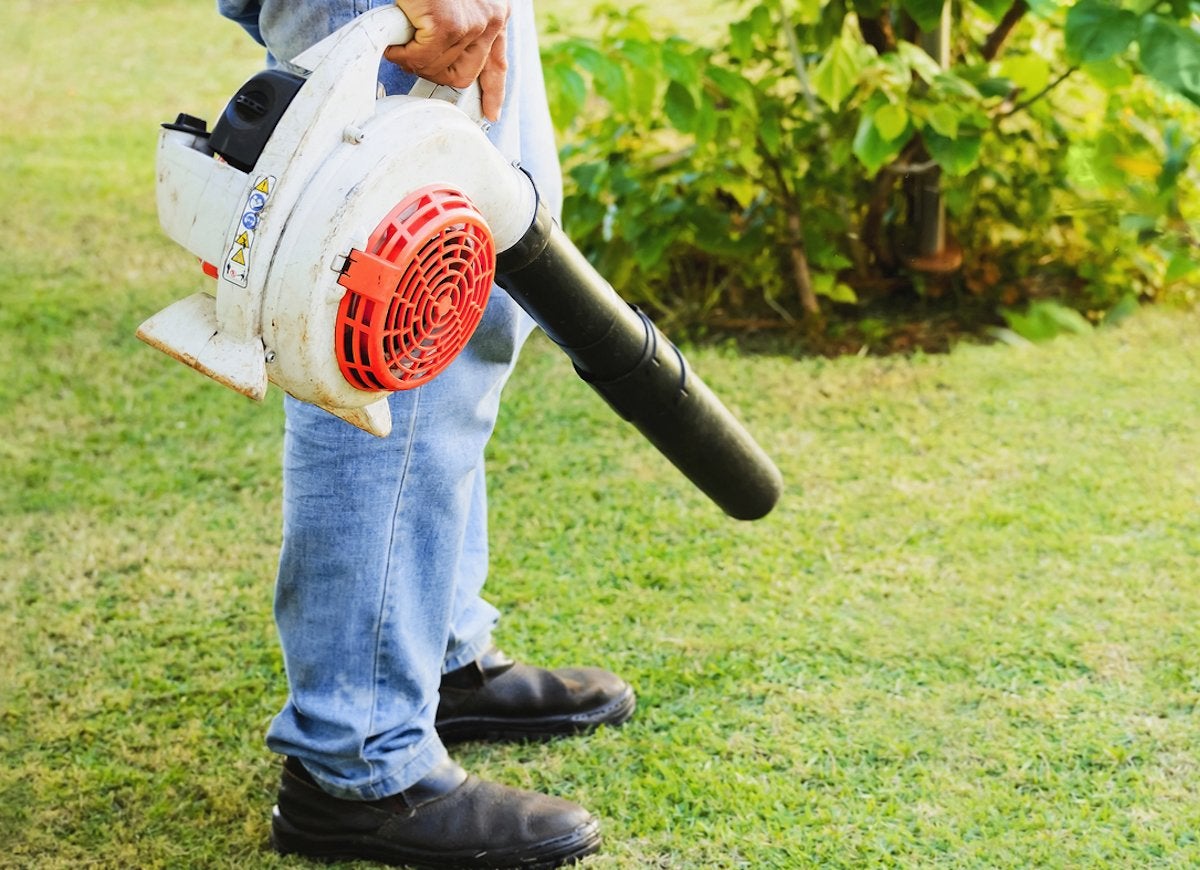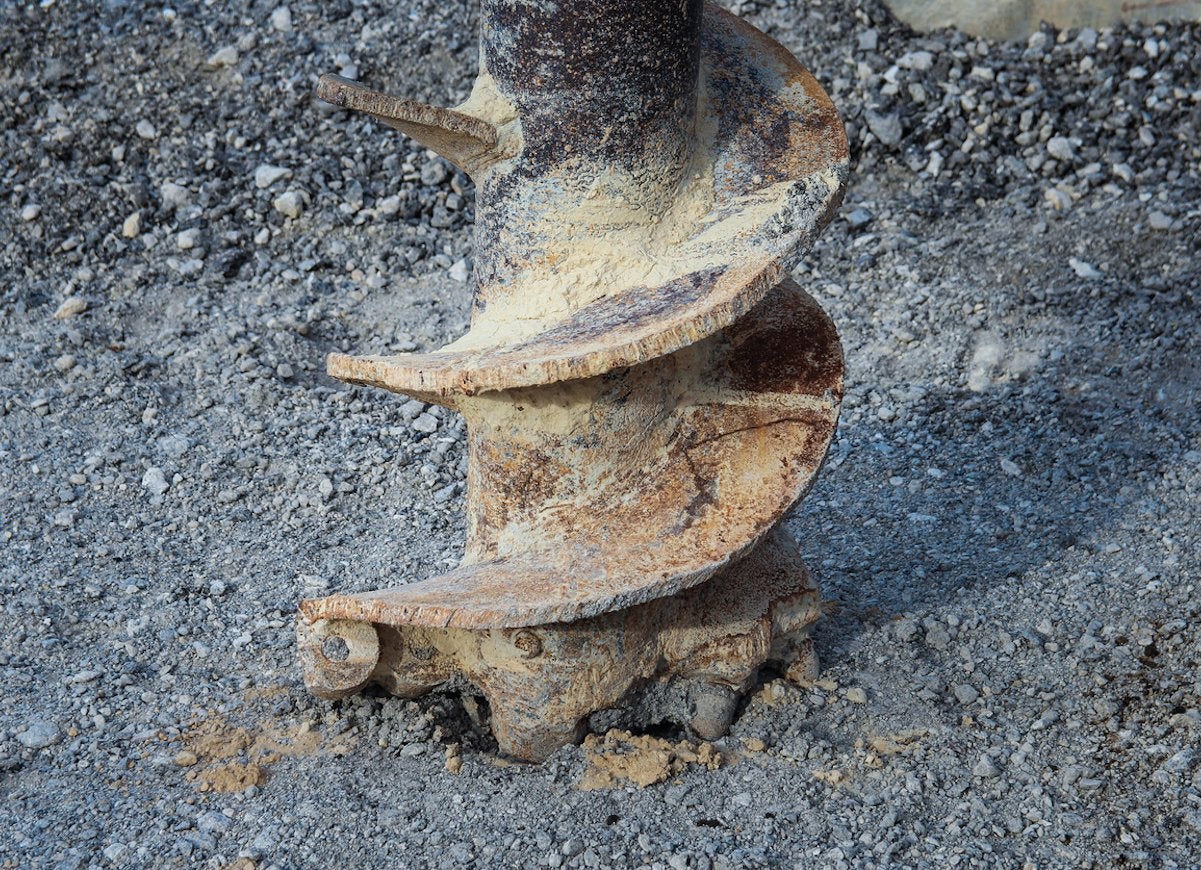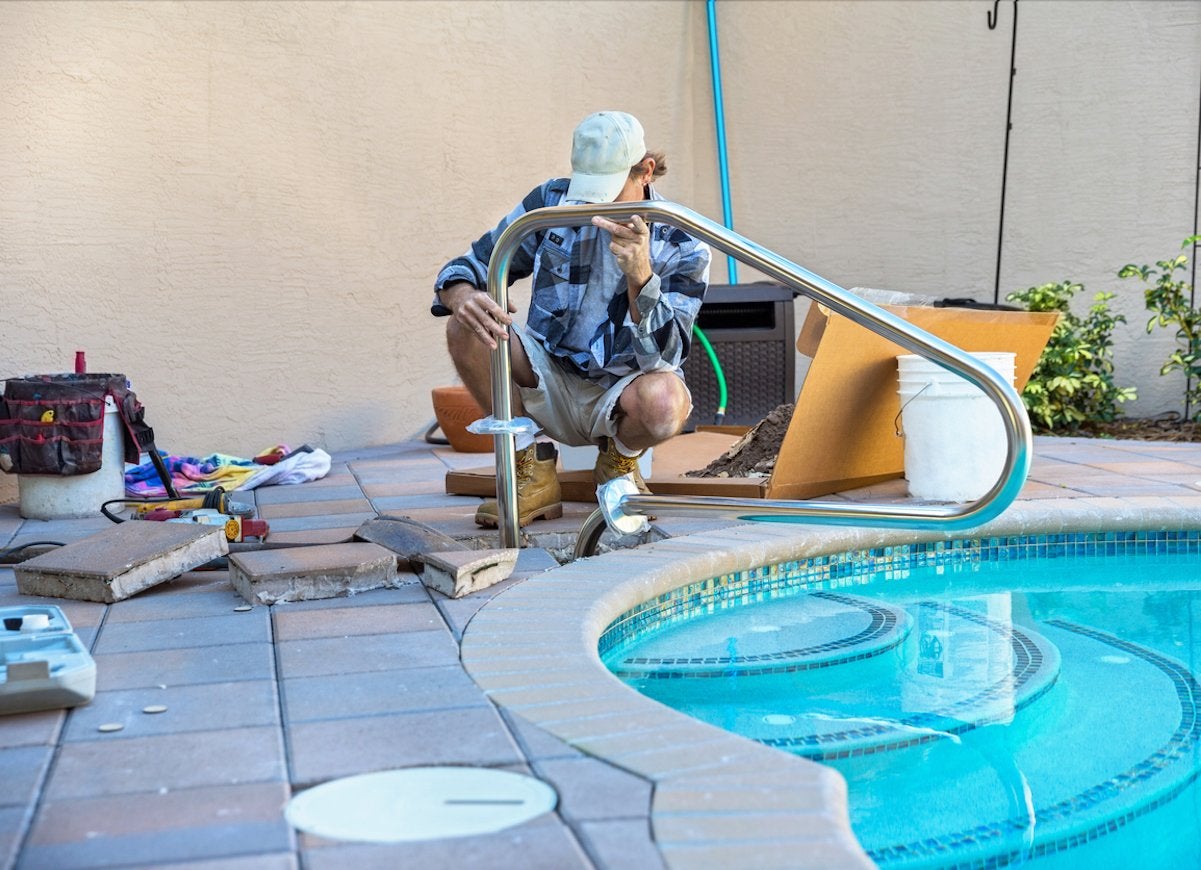

We may earn revenue from the products available on this page and participate in affiliate programs. Learn More ›
Home Advice You Can Trust
Tips, tricks & ideas for a better home and yard, delivered to your inbox daily.
The Right of Possession

The right of possession is a fundamental guarantee that you have the right to hold title to a property. You can, however, lose this right under certain circumstances. For example, if you fail to pay property taxes or if you fall behind on your mortgage payments, the taxing authority or the lender can start foreclosure proceedings, and you could lose your property.
The Right of Control

When you own a home, you have the right to control what happens in your house and on the surrounding land, but only within the scope of the law. You may, for instance, hold meetings and host barbecues, but you may not do unlawful things, such as selling illegal drugs. In many cases, you can’t even run a home-based business out of your house without securing permission from the local authorities.
Homeowners Association Restrictions

If you live in a neighborhood governed by a homeowners association (HOA), you could be subject to significant restrictions. The HOA can determine the type of siding you can put on your house, forbid you from parking an RV in your driveway, or even dictate whether you can erect a fence. Under the law in most states, HOAs have the right to set and enforce regulations because their actions are designed to protect the property values and quality of life of all who live in the neighborhood.
The Right to Quiet Enjoyment

This right is slightly different than it sounds. You don’t, for example, have the right to insist your neighbor not mow his lawn on a Saturday morning because you want to sleep in—although there may be local ordinances that stipulate just how early in the morning he can fire up that leaf blower. You do, however, have the right to insist that nearby factories not pollute your water supply and that your neighbor not damage your trees when he sprays herbicides in his yard. If you feel your right to enjoy your property is being violated, report the issue to law enforcement. If that doesn’t solve the problem, you can opt to file a civil suit against the offender.
The Right to Pick and Choose Visitors

Thanks to the right of exclusion, you have the right to determine who may enter your property and who may not. Like all property rights, however, this one comes with some obvious exceptions. Law enforcement officials have the right to walk up to your door, and if they have a warrant they can enter your home without permission. Emergency workers can also enter your home without permission if they believe someone inside is in danger.
Easements and Property Rights

An easement is a legal interest in your property that is owned by someone other than yourself. Easements are commonly granted to public utility companies, but there are other scenarios. For example, a previous owner of your house could have granted a neighbor an easement to put a driveway across his property. Easements are recorded on deeds and they pass from seller to seller; if you purchase a house with an easement, you are required to abide by it. You do, however, have the right to expect the holder of an easement to take care not to damage your property when exercising his right.
Mineral Rights

Surface rights have to do with the ownership of structures, trees, and other objects that sit on a property; mineral rights concern the ownership of coal, oil, gold, and other below-ground deposits. In cities, mineral rights are rarely addressed, because even if you own them, local ordinances probably prohibit drilling in your yard. In a rural setting, however, if you don’t own the mineral rights to your property, someone else may have the right to enter your property and drill for oil or dig for minerals.
The Right of Disposition

The right of disposition means that you as the property owner have the right to sell or transfer your property to anyone else as you see fit. You can deed your house to your child in your will, or you can decide to rent it out. If you still have a mortgage on your home, though, this rights is restricted. You’ll have to pay off the mortgage before you can sell or give away the house. Also, some HOAs may prohibit you from renting out your house.
The Right to Use Your Property as Collateral

You have the right to use the equity in your property as collateral for a loan. Your home equity is, of course, an asset, so if you need extra money to pay medical bills, or even if you just want to go on a vacation, you have the right to use this asset to obtain a loan. But that doesn’t necessarily mean a lender has to give you a loan. Though many banks offer home-equity loans, if your credit score is low or if the lender determines that you’re a bad risk, you could still be turned down.
The Right to Make Improvements

Improvements include upgrades like fencing in your property, building an addition to your house, putting in a pool, or undertaking any other project that alters your house or yard. While you have the right to improve your property, your right is limited by local zoning laws and building codes. Before making any improvements, check with your local building authority to see if your plans are feasible and to find out what restrictions may affect your project and what permits may be necessary.
Know Your Rights

Don’t let yourself be surprised by what you can’t do on your own property.

The Homeowner Survival Kit
This year’s Bob Vila Approved is a hand-picked curation of tested, vetted, must-have essentials for surviving homeownership today.